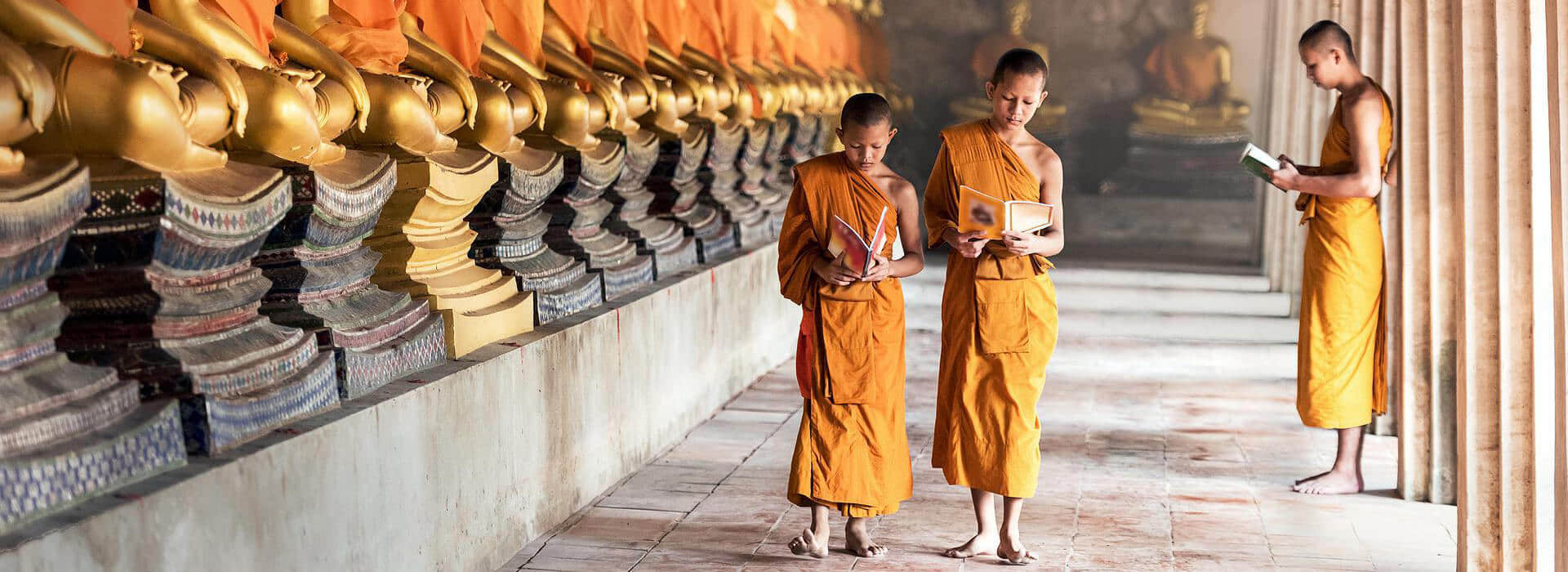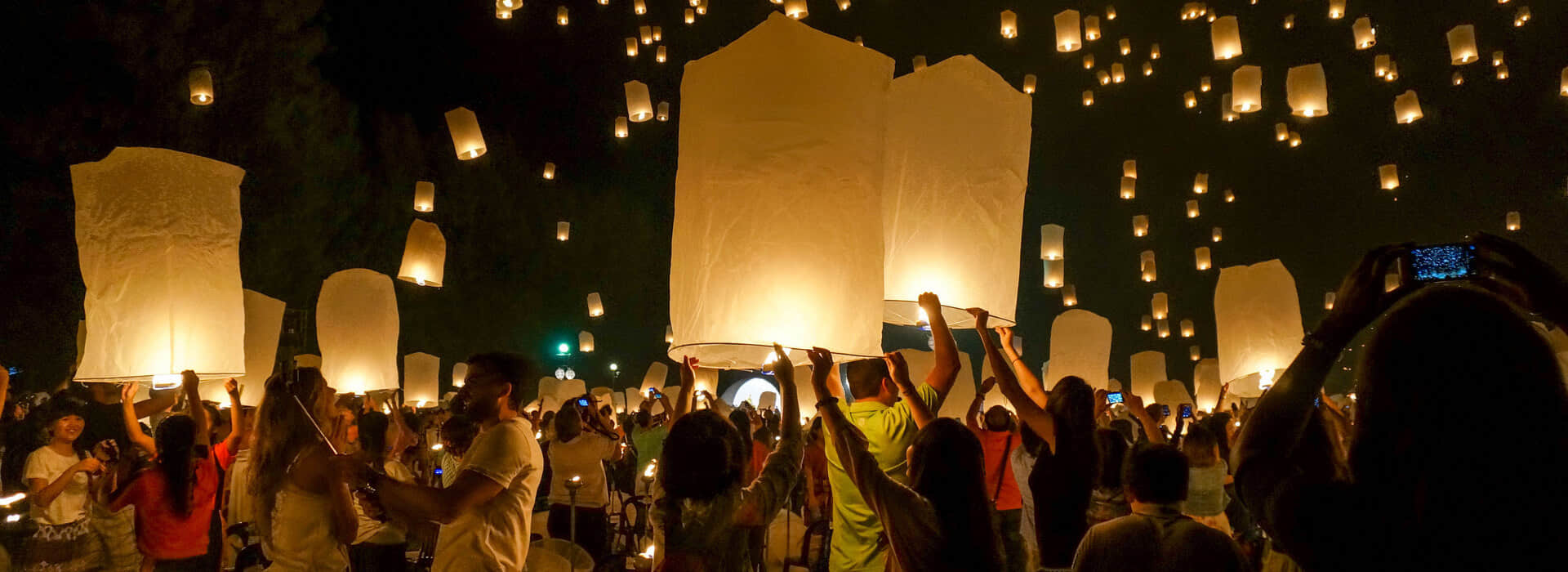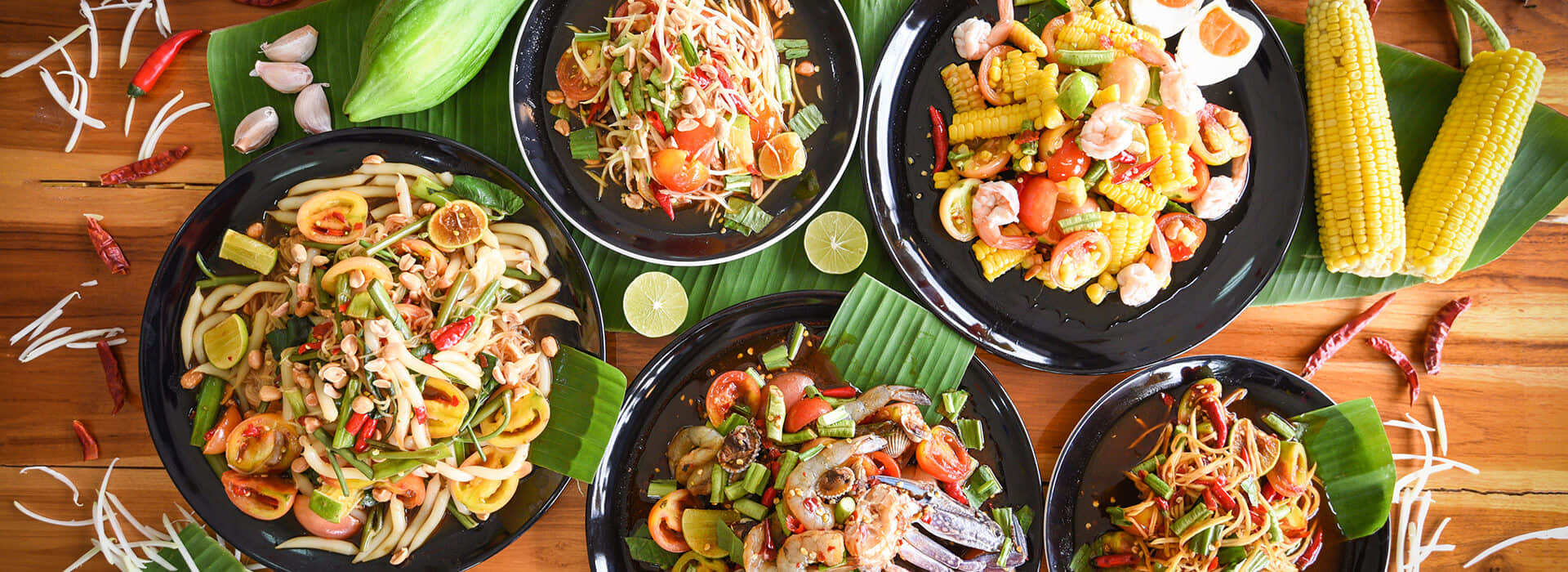Top 10 Taboos to know in Thailand
When visiting a culture that differs significantly from yours, it is advisable to research the cultural and social differences you will encounter beforehand. Thailand is a place of wonder with a gentle, easy pace of life. The Thai people are very easy-going and generous in nature, but there are a few things the traveler should be aware of that can cause great offense in Thailand.
Some visitors have no clue as what are some things that they should never do when they are in Thailand. If you’re heading to Thailand soon, here’s a concise guide on what you should not do.
#1. Don't Touch Other People's Heads
In some countries, touching someone's head is a way of expressing intimacy. But when you go to Thailand, you must not "touch other’s head"! Because the Thai people believe that the head is the highest part of the body and is sacred and inviolable. Even benevolent stroking and slapping on the head are not allowed. Generally, the heads of Thai people are only allowed to be touched by the king, monks and their parents, and even the barber will say "sorry" before cutting the hair. If you accidentally touch their head, apologize immediately and sincerely.
#2. Dress Modestly When Visiting Temples
Thailand is a country with a long history of Buddhism, you’ll be sure to visit their temples. They have a dress code for temple visitors. First of all, dress modestly. You can't wear sleeveless tops such as vests and slip dress. Shorts or pants are supposed to cover the knees. Tight stretch pants, some athletic wear, and clingy tops may also be considered a little too revealing. Some temples do not even allow anyone wearing sandals and slippers to enter. So remember to dress modestly when visiting the temple. If you really wear shorts, don't worry. Temples generally rent or sell long clothes, trousers and scarves. Do remove hats, sunglasses, and shoes when entering a worship area of the temple.
#3. Women cannot have physical contact with monks
In Thailand, monks are absolutely not allowed to have any physical contact with women. If you must hand a monk something (e.g., money while paying for a trinket), put the object down and allow the monk to pick it up. Put the money on the counter rather than handing it over. Use your right hand.
#4. Forget About Handshake When Greeting One Another
Greetings in Thailand are usually accompanied by the gesture known as a ‘wai’ (pronounced ‘why’). This is the placing together of both palms, while the head lowers in a slight bow and the eyes are lowered. Depending on the social status of the person in front of you, you fingertips held at varying levels. Monks, superiors, and the elderly are greeted with fingertips raised to the bridge of the nose, while younger people and subordinates may only receive a slight nod. Regardless, Thais are not overly critical of foreigners making accidental faux paus during their exchange of wais, but will appreciate the effort taken to engage in the revered local custom.
#5. Do not use your left hand to carry or eat
Influenced by Buddhist thought, Thais believe that the left hand of a person is unclean and can only be used to hold some unclean things. Generally, important things are not held with the left hand. The rule of avoiding left-hand use especially applies when enjoying items such as sticky rice that is eaten with the hands. They use their right hand to eat and deliver things to others. They only use their left hand when they have to. If they use their left hand, they will say "I'm sorry, I need to use my left hand, please forgive me."
#6. Do Not Point Your Feet At Others
For Thai People, the soles of the feet is considered the lowest and most dirty part of a person's body, so when crossing your feet, take care that your soles are not pointed directly at someone. Besides, raising your feet higher than someone's head or simply putting your feet on a desk or chair are considered extremely rude in Thailand.
#7. Do Not Criticize The Thai Royal Family
Thailand is a constitutional monarchy, in which the king and royal family members have a very high social status and are loved by Thai people. Criticizing the king or any member of his family directly or even indirectly is considered a very serious offense that carries with it the punishment of imprisonment for Thai nationals and deportation for non-nationals. To avoid an unpleasant misunderstanding, it is in fact better to simply avoid the subject of the royal family and the king altogether. Since the currency notes and coins contain an image of the king, there is a law which states that if you step on any baht, you will be sent to prison.
#8. Do Not Sign With A Red Pen
In Thailand, people will not sign with a red pen, because after the death of a Thai person, the name on the coffin is written with a red pen. In addition, brown is also a big taboo for them. Thailand is a color-sensitive country, and different colors represent different meanings.
#9. No coins for tipping
Tipping is not mandatory in Thailand, at all, but it is often expected. Tipping is more common in restaurants, massage parlors, or to those working in the tourism industry such as tour guides. When you travel in Thailand, weather you tip or not, don't use coins as tips, because coins are given to beggars in Thailand. Giving a coin as a tip will make you feel disrespectful.
A short Guide to Tipping in Thailand:
For meals at restaurants, it is polite to tip 10 percent of your total bill.
For hotel bellboys, porters, service people and others who carry things for you. Usually 20 baht per bag is sufficient.
For housekeepers in hotel, you can put 20 to 50 baht in an envelope and leave for them. Leave your tip on top of, or next to, a thank you note. This makes it very clear that the cash is a tip meant for the housekeeper and reduces the risk of misunderstanding.
For taxi driver , most people round up their taxi fare—so, for a 92 baht fare the driver would get 100 baht—and tip additionally for drivers who help with luggage or bags.
#10. Do Not Sign With A Red Pen
Gambling in Thailand is illegal except for horse racing and the government-sponsored Thai lottery. According to Gambling Act 1935, all card-based games that include 120 cards and hold privet ownership are prohibited in Thailand. According to Buddhism, gambling is like an “Abaiyamuk,” which means the portals of hell and must be avoided if one wants to be free from suffering the dangers. Additionally that people from Thailand often believe that “the lost in the fire is equivalent to lose in gambling,” and following this quote, they avoid gambling and consider it a bad element.
There are no legal land-based casinos in Thailand, but there is always darkness beneath the lamp. Illegal casinos are abundant in Bangkok, needless to say, those are all underground and run by the local cartels; best if avoided. Moreover, these casinos can be raided by the police anytime without notice, and the punishment can be hefty.






